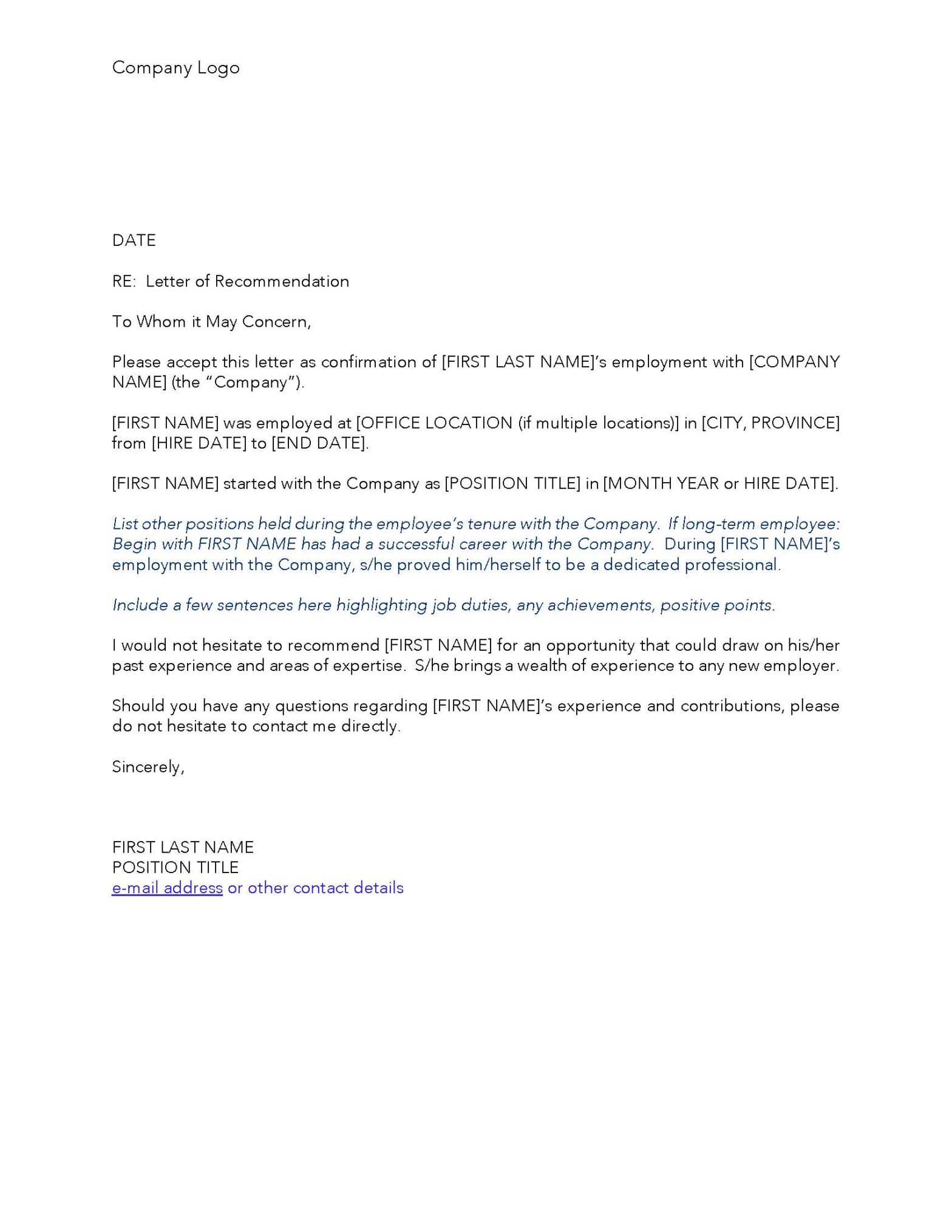May 12, 2016
Effective January 1, 2008, the definition of age in the Human Rights Code changed from “an age of 19 years or more and less than 65 years”, to “an age of 19 years or more”. The effect is to provide employees with the choice of whether to continue working past age 65 and to allow claims of discrimination in employment if employees are required to retire at age 65.
The effect of this amended definition of age is that, generally, mandatory retirement provisions in a personnel policy, individual contract or collective agreement requiring employees to retire at a certain age (age 65, for example) will be in breach of the Human Rights Code (the “Code”) and therefore, unenforceable. While employees may still choose to retire (resign) at age 65, the new definition of age simply removes a barrier to an employee’s choice as to whether to retire at age 65 or some later age.
A mandatory retirement provision may remain valid, however, if it can be shown to be a bona fide occupational requirement (“BFOR”), but as discussed below, this will be a very difficult legal test to meet. In addition, there are some important exceptions to the prohibition of age-based distinctions in the area of health and welfare benefits and pensions.
The information below applies to the BC Human Rights Code. Note that the Human Rights Tribunal of Ontario has recently declared that a provision of the Ontario Human Rights Code which purported to allow employers to terminate benefits for workers over age 65 is unconstitutional: see Talos v. Grand Erie District School Board, 2018 HRTO 680.
Mandatory Retirement as a BFOR
An employer may be able to continue to enforce a mandatory retirement policy, contract or collective agreement provision in relation to certain positions if it can justify the policy as a BFOR under the Code. In order to establish a BFOR, the employer must satisfy a three-part test, as follows:
- the policy or other provision must be adopted for a purpose rationally connected to the performance of the job;
- the provision must be adopted in an honest and good faith belief that it is necessary to achieve the work-related purpose; and
- the provision must be reasonably necessary to accomplish the legitimate work-related purpose. As part of this test, it must be demonstrated that it is impossible to accommodate individual employees without imposing undue hardship on the employer.
There are a limited number of circumstances where an employer will be able to establish that a mandatory retirement policy meets the BFOR test. Employers intending to implement or maintain a mandatory retirement policy should seek legal advice to assess the risk of the policy being deemed discriminatory on the basis of age and in breach of the Code.
However, the restrictions on mandatory retirement do not prevent employees from retiring early. Furthermore, employers may, either unilaterally or by agreement with their unions, establish a “normal” retirement age of 65, and may legally provide voluntary incentives to employees to retire at that age (or earlier, or later).
Benefit Issues
The Code continues to allow age-based distinctions under a bona fide group or employee benefit insurance plan, whether the plan is self-funded or self-insured by the employer or provided through a third party insurer.
To be permissible, an age-based distinction in a benefit plan must be adopted honestly, in the interests of sound and accepted business practice, and not for the purpose of defeating rights protected by the Code. Further, the age-based distinction must be based on sound and accepted insurance practice, and there must be no practical alternative to the age-based distinction, having regard to all the facts in the case.
To show that there is no practical alternative, it is not necessary to show that the very existence of the business would be undermined by not adopting the age-based distinction in question. The alternatives must simply be impractical.
Thus, if benefit plan coverage for certain benefits terminates at age 65 (or at any other age), human rights problems are unlikely to arise, provided that the benefit plan, including the benefits termination provision, meets the criteria for a bona fide benefit plan under the Code.
In a unionized environment, the question whether an employer has a collective agreement obligation to continue benefits coverage for employees aged 65 and older will depend on the language of any applicable collective agreement. Where benefits are provided through an insurer, it is important to be cognizant of the possibility that there may be a gap between the benefits agreed to by the employer in its collective agreement and the benefits actually available under the insurance plan provided by the insurer.
Where this issue arises, it is necessary to determine the nature of the promise made by the employer in the collective agreement. At one end of the range of options, the employer may have promised specific benefits for employees, with definitions and monetary levels and eligibility criteria spelled out in the collective agreement and little or no reference to the insurance policy. In these cases, if there is a discrepancy between what is promised in the collective agreement and what is provided by the insurer, the employer may be liable for the difference.
At the other end of the range of options, the employer may have promised simply that it would pay the premiums for an insurance policy providing certain levels of benefits. In this situation, as long as the insurance policy provides for the promised levels of benefits, and the terms of the policy are standard for the industry, issues of eligibility (including age) would be between the employee and the insurer.
The critical point is that employers must determine whether they have a contractual obligation to provide benefits under a collective agreement. The same concern should be considered in relation to individual contracts of employment.
Pension Issues
The Code also continues to allow age-based distinctions under a bona fide pension plan.
To be permissible, an age-based distinction in a pension plan must be adopted honestly, in the interests of sound and accepted business practice, and not for the purpose of defeating rights protected by the Code. The age-based distinction must be based on sound and accepted pension practice, and there must be no practical alternative to the age-based distinction, having regard to all the facts in the case.
To show that there is no practical alternative, it is not necessary to show that the very existence of the business would be undermined by not adopting the age-based distinction in question. The alternatives must simply be impractical.
A pension plan may permit employees to continue working past age 65 and to continue contributing to their pension until the employee reaches age 71 or 35 years of pensionable service, whichever is sooner. However, at age 71 the Income Tax Act requires member pension benefits to start, and no further accruals or contributions will be permitted after this age.
Information provided by HARRIS & COMPANY. For more information about HARRIS & COMPANY, please visit harrisco.com.
Additional information provided by Natasha Jategaonkar, employment lawyer with Mathews Dinsdale & Clark LLP. The information provided in this article is necessarily of a general nature and must not be regarded as legal advice. For more information about Mathews Dinsdale & Clark LLP, please visit mathewsdinsdale.com.
Return to top
